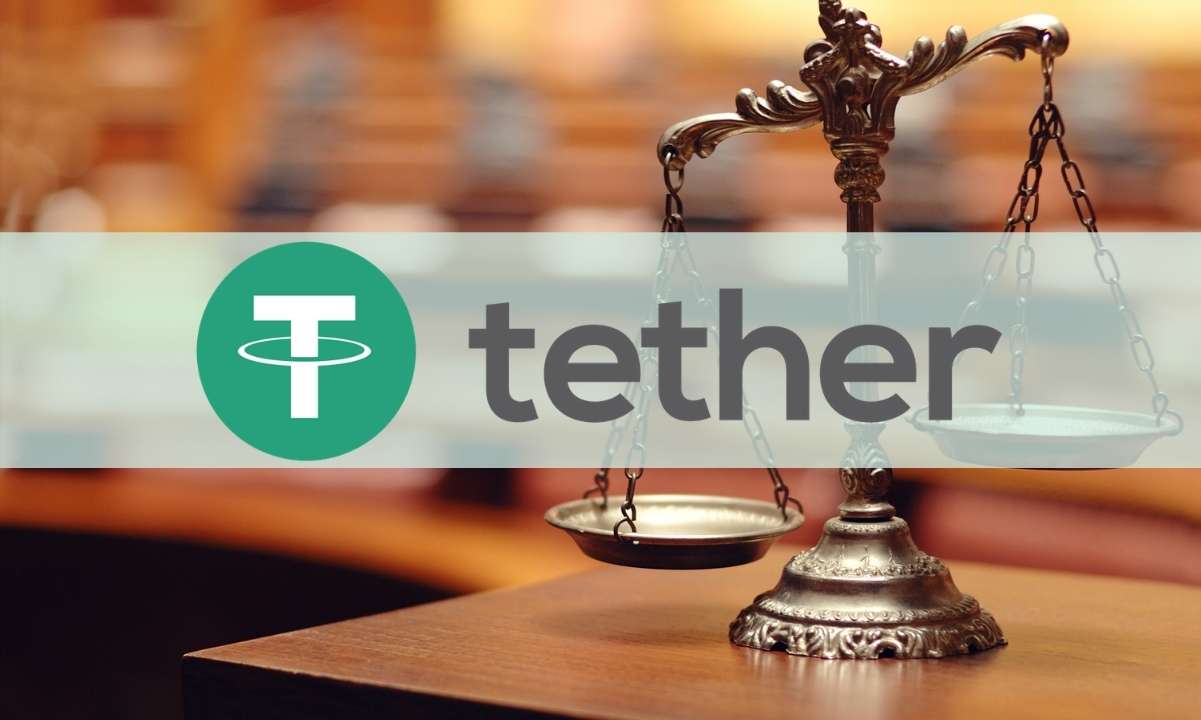The New York Times Tests A Blockchain-Based Prototype To Tackle Misleading Information
The research and development team of the American newspaper The New York Times has tested a blockchain-based project to address the growing issue of misleading information in the online space.
NYT Turns To Blockchain For Validating Info
In its recent report, the NYT outlined the problem of misinformation, primarily when it comes down to pictures circulating the Internet. Once the images are uploaded somewhere, the chances of being altered or hampered with increase, hence jeopardizing their accuracy and truthfulness.
The NYT’s R&D team has experimented with various solutions, and the most recent one – dubbed The News Provenance Project – employs blockchain.
“A prong of The News Provenance Project was to conduct research around how readers make judgments about the photos they see online. To help with that research, we built a prototype that leveraged blockchain to surface a news photo’s contextual information on a simulated social media feed.
We wanted to see whether visible contextual information, such as the photographer’s name and the location depicted in the photo, could help readers better discern the credibility of news photos in their social feeds.” – reads the statement.
The R&D team noted that they turned to DLT due to its “ability to preserve the full history of a photo separately from the image file itself,” which makes it a “compelling technology for our explorations around tracking provenance.”

The Results
The initial results appeared somewhat encouraging, as the majority of users found the prototype particularly helpful in making informed judgments about the photos. However, the R&D team admits that there’s still more research and exploration to be done before launching it.
“While blockchain technology could be a viable tool in helping preserve the origin of the news photos, there are a number of challenges that would need to be addressed before it could be widely used.”
Firstly, the validation of any changes made to the record of a photo to ensure its credibility has to be completed by network members. Encoding those validation rules could turn out to be considerably intricate for specific metadata fields, the statement warns.
During the testing phase, the social media platform was automatically assigned to match a photo on its feed to an image in the blockchain through an ID. In reality, however, the platform would need to make the associations without any knowledge of whether that photo indeed exists on the blockchain. It could get even more complicated if the picture has undergone any alternations.
Lastly, in order for this particular blockchain solution to become a success, lots of news organizations with varying financial and technical resources need to be able to participate. As such, the R&D team finds it necessary to lower the entry barriers to facilitate future adoption.
The post The New York Times Tests A Blockchain-Based Prototype To Tackle Misleading Information appeared first on CryptoPotato.









